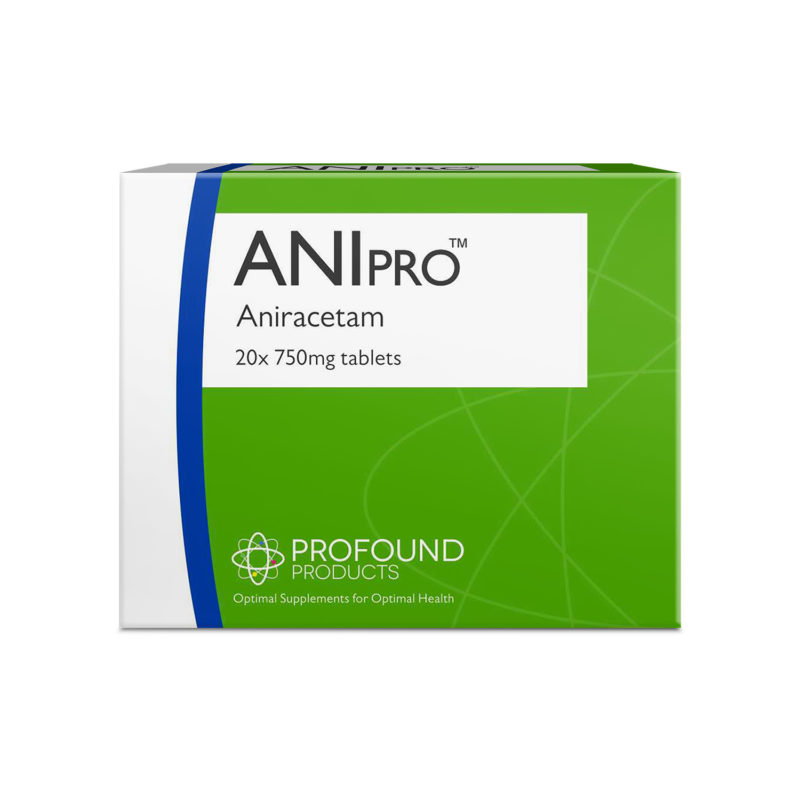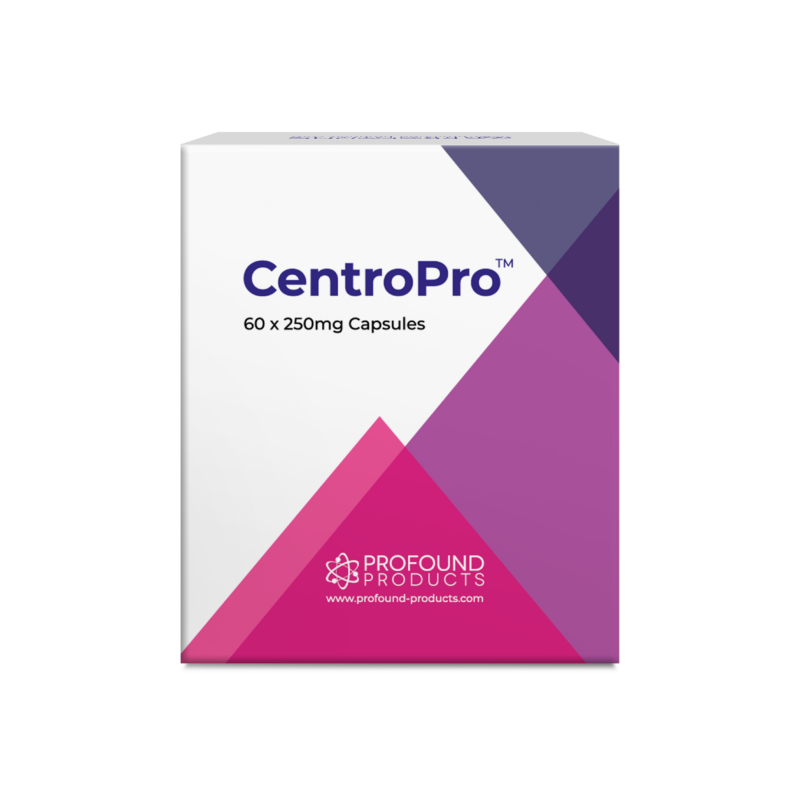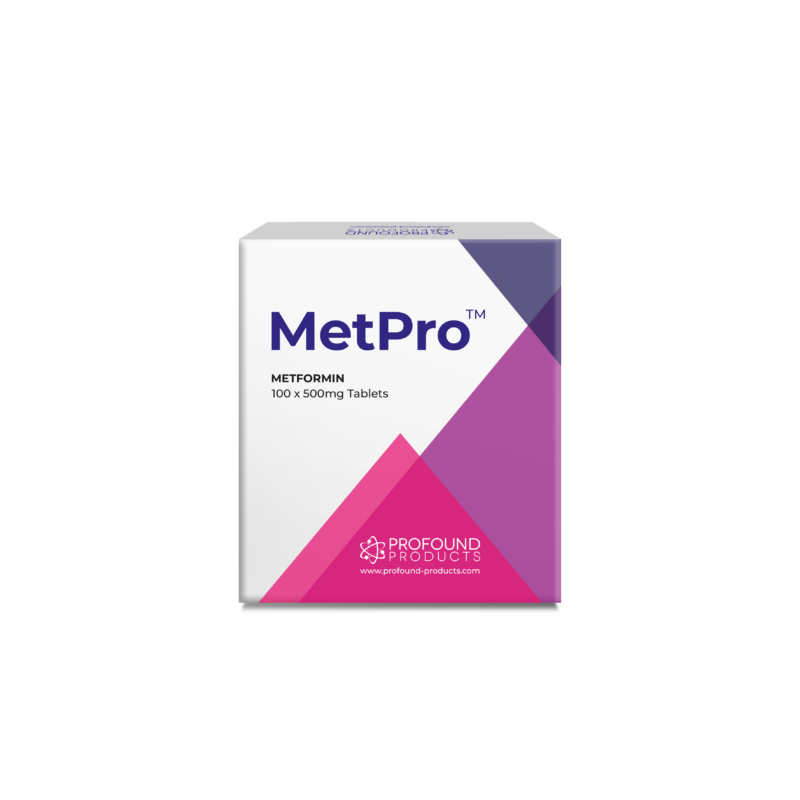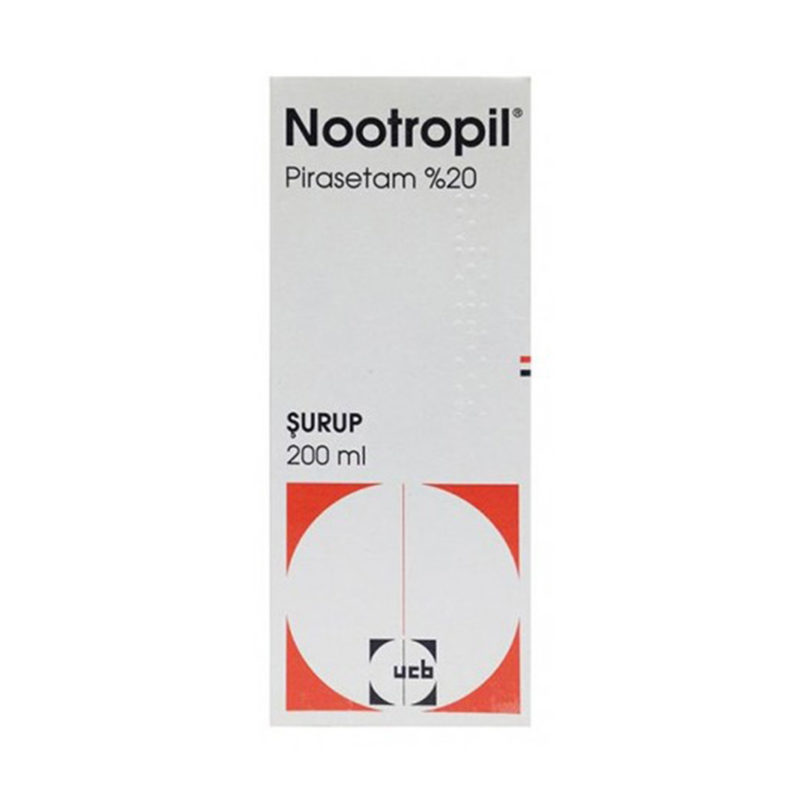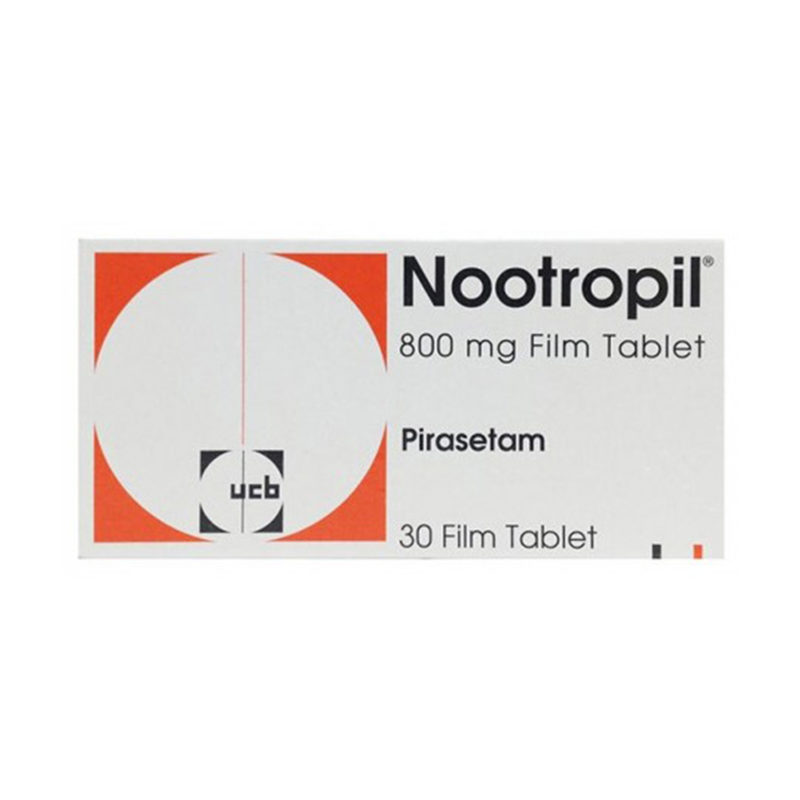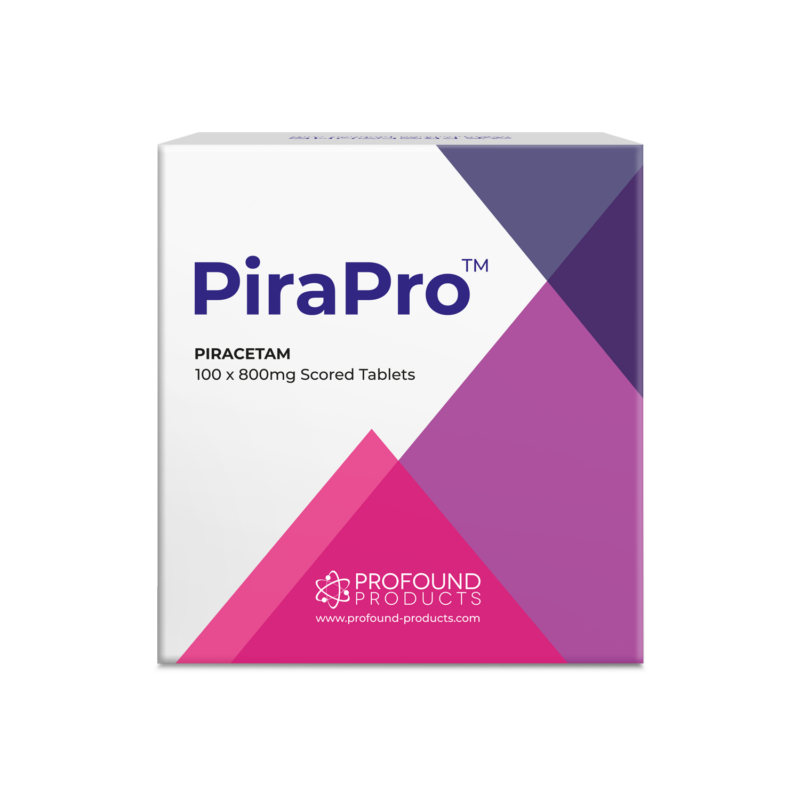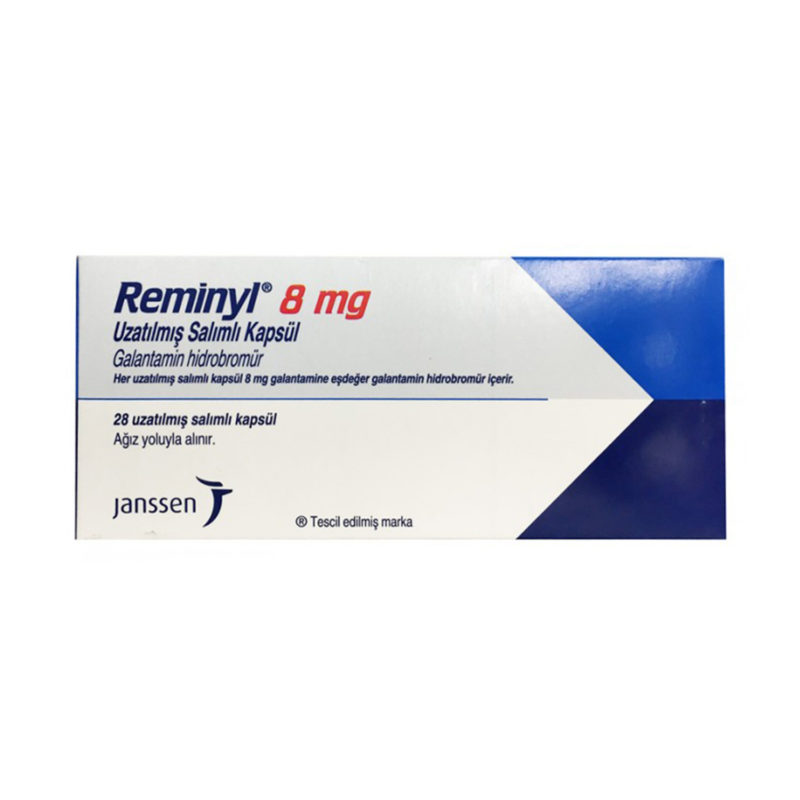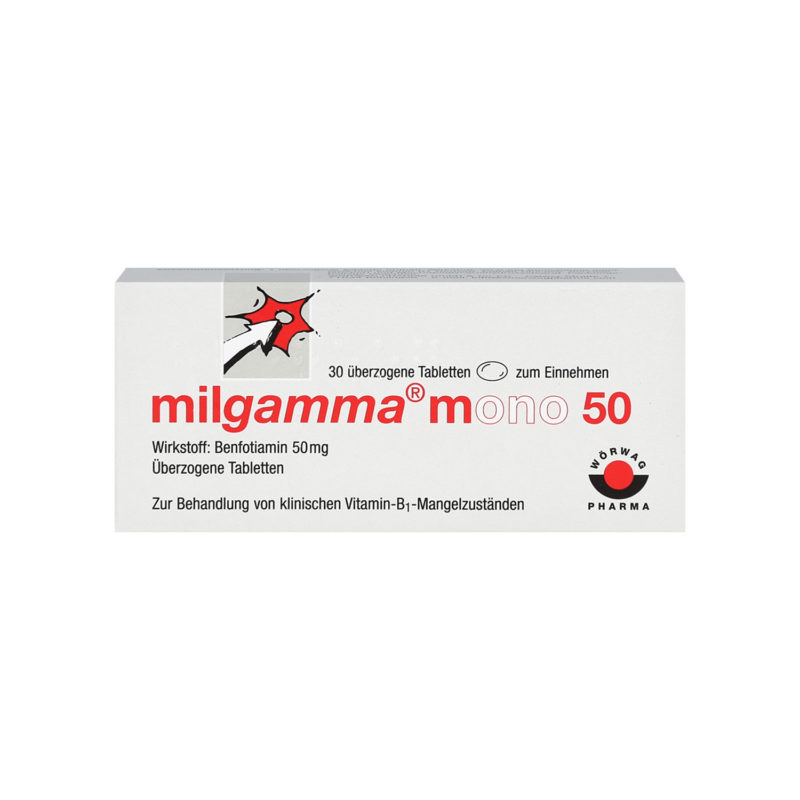
Benfotiamine (Milgamma Mono®)
A version of vitamin B1 that aids diabetes and appetite control
A diabetes treatment – antioxidant with life-enhancing properties.
- Benefits diabetes sufferers in several ways.
- Lowering blood glucose.
- Protects the organs, nerves and vascular tissue from damage caused by excess sugar in the blood.
- Protects against (advanced glycation end products) the cause of a multitude of age-related illnesses such as cardiovascular disease, cataracts and alzheimer’s.
This product has the
following ingredients
This product is associated with the following health conditions
Diabetes Insulin & Glucose Control Parkinson’s disease Poor Glucose ControlProduct Description
Benfotiamine – the diabetes treatment with antiaging properties.
Diabetes is a killer. Any list of diabetes facts will tell you that it’s the fifth most common cause of death in the world. Stemming from an inability to manage blood sugar levels, it yields a range of related illnesses that can have serious, often fatal effects on the body. High blood pressure is one example, though there are few areas of general health that remain unaffected by diabetes.
When it comes to diabetes, prevention is the only cure. But there are ways of reducing the effects and remaining happy and healthy even after diagnosis. A new Benfotiamine supplement is considered to be the next big leap forward.
Benfotiamine treatment significantly reduces three of the main effects of diabetes – retinopathy, neuropathy and nephropathy. These relate to eye, nerve and kidney damage respectively. Sufferers are now advised to take Benfotiamine supplements to protect themselves against these fatal conditions.
With Benfotiamine, the neuropathy reduction element is particularly interesting, as the nerve repair and protection it offers may hold the key to staying younger for longer. High blood pressure can have similarly grave consequences on aging bodies, but with Benfotiamine blood pressure is much easier to manage and stabilise.
Benfotiamine diabetes treatment – the antioxidant with life-enhancing properties.
There are two main types of diabetes, type 1 and type 2 (a third, gestational, only occurs during pregnancy). Type 1 diabetes causes are largely unknown. It can occur rapidly and at any age. It’s typified by an inability to to produce insulin – the enzyme that breaks down blood sugars – and can be treated with insulin injections. It’s often known as juvenile diabetes as most of those who develop type 1 are children.
Type 2 diabetes is by far the most common form. It occurs gradually, usually in those over the age of 55, and is most often the result of a sedentary lifestyle and a typical diabetes diet – high in refined sugars and starches. The official type 2 diabetes definition states that although insulin is produced, the receptor cells become resistant to it. Like type 1, there is no cure for diabetes type 2. Treatment of type 2 diabetes comes in various forms, including lifestyle changes and medication.
Symptoms of diabetes include constant thirst, fatigue and weight loss. As we know, diabetes causes a host of problems for sufferers. Three of the main effects are known as advanced glycation end products, whereby excess glucose in the blood causes serious damage to the nerves (diabetic neuropathy), eye (retinopathy), and kidneys (nephropathy).
Benfotiamine and neuropathy treatment – what does Benfotiamine do for your body?
The antioxidant Benfotiamine is the best and most popular form of diabetic neuropathy treatment, and it is this capability, as a neuropathy treatment, that first awakened scientists to its potential as an exciting new antiaging supplement. Furthermore, there is no chance of Benfotiamine toxicity. In fact, Benfotiamine lowers blood sugar, which is itself a toxin in high concentrations.
Benfotiamine benefits diabetes sufferers in two major ways.
- Firstly, it lowers blood glucose. This is hugely important for sufferers of both type 1 and 2 diabetes, as in both cases an inability to control glucose lies at the very core of the condition.
- Secondly, and of equal importance, it is capable of protecting the organs, nerves and vascular tissue from damage caused by excess sugar in the blood. This second capability has implications that extend beyond diabetes. The type of damage that Benfotiamine protects against (advanced glycation end products) is said to be the cause of a multitude of other age-related illnesses such as cardiovascular disease, cataracts and Alzheimer’s.
The best diabetic diet would be one high in fibre and slow-release carbohydrates, and low in refined sugar and starches. As it’s not always possible to manage our intake properly, a diabetes treatment is required to keep related illnesses at bay and manage blood sugar levels. Benfotiamine, however, is proving itself to be much more than just a diabetes treatment. The way in which it protects organs and nerves, aids nerve repair, manages blood pressure, and reduces glucose levels has led many to believe that it would inhibit these key signs of aging if applied to non-diabetics as well.
A natural remedy for nerve damage and more.
Benfotiamine is a fat-soluble derivative of the vitamin B complex, and trace elements are found naturally in garlic, leeks and onions. It is often paired with other strands of vitamin B to increase efficacy. Doctors, for example, may suggest Benfotiamine plus Methylcobalamin (sometimes misspelt Methylcobalam) for neuropathy, or a course of Benfotiamine and Methyl B12.
As well as being a natural and effective diabetic neuropathy treatment, Benfotiamine will reduce your blood glucose level, thus making it for many a viable alternative to drugs such as metformin.
Can you take Benfotiamine with multi-vitamin supplements?
There is no evidence to suggest that people who take Benfotiamine cannot take multi-vitamins at the same time. There are no known side effects to taking Benfotiamine and dosage of the supplement is easy and manageable. The typical Benfotiamine dosage for treating neuropathy or nephropathy in type 2 diabetes is 50ml a day. The best time to take Benfotiamine is after a meal.
Are there any adverse effects in taking Benfotiamine?
The answer, in short, is no. Following extensive tests in which side effects of Benfotiamine capsules and liquid were monitored, there were no reports of any negative Benfotiamine side effects.
Benfotiamine drug alternatives such as Metformin can have physical side effects such as nausea, vomiting, and flu-like symptoms. After each recorded Benfotiamine dosage diabetes sufferers reported no such adverse consequences.
The world is learning about Benfotiamine antiaging properties.
As well as enjoying protection from peripheral neuropathy, diabetes patients benefit from the profound antiaging effects they’ve discovered whilst taking Benfotiamine tablets.
Many reviews have stated that, as diabetes is mainly a collection of age-related conditions, using a Benfotiamine supplement can help fight these damaging signs whilst simultaneously keeping the effects of diabetes at bay. Some nutritional scientists believe that Benfotiamine not only represents the future of diabetes treatment, but is set to revolutionise the antiaging arena as well.
Benfotiamine (Milgamma Mono®) Testimonial
DD:
I really feel better when I use the tablets, they really do make a difference.
D.D. Idaho
